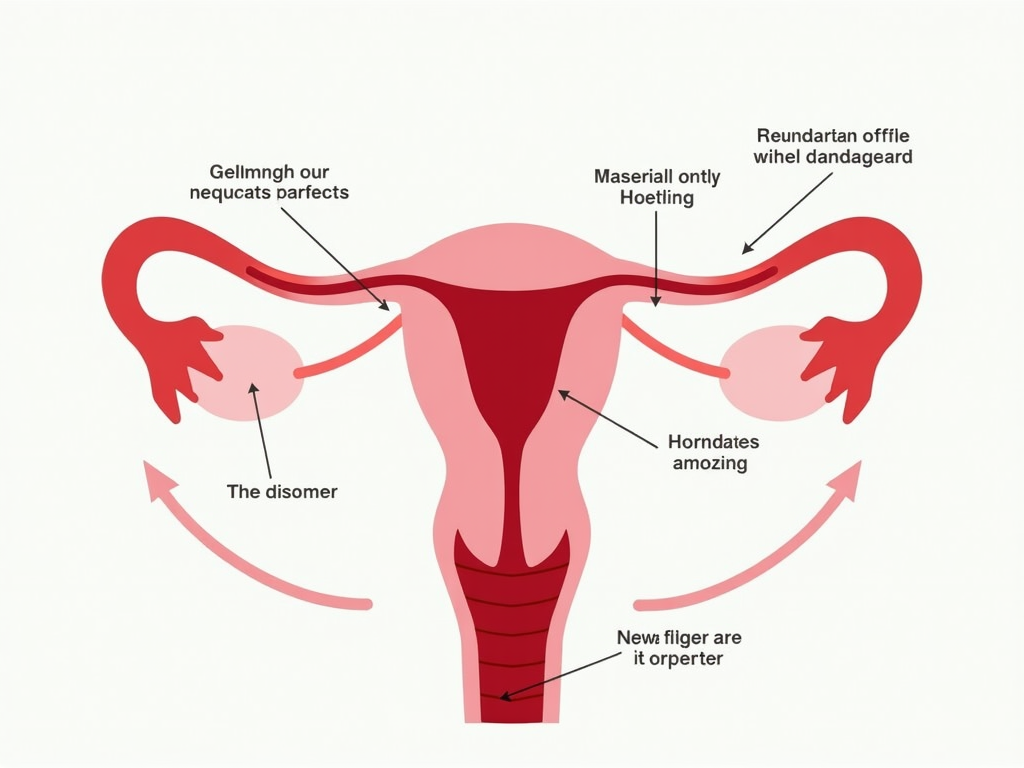The Role of Hormones in Fertility Treatments
March 28, 2025, 1:03 p.m.
Hormones are the unsung heroes of fertility treatments. They help control the reproductive system and boost the odds of having a baby. This article dives into how hormones work in fertility treatments, their role in IVF medication and male fertility, and why they matter for anyone facing infertility.

Hormones act like messengers in your body. They travel through your blood, telling different parts what to do. In fertility, they manage things like the menstrual cycle, egg release, and sperm production. Take estrogen, for example—it’s a big player. It helps grow the female reproductive system and keeps the menstrual cycle on track. In fertility treatments, doctors use estrogen to encourage the ovaries to make more egg-containing follicles.
Then there’s progesterone. This hormone gets the uterus ready for a baby. It thickens the lining so a fertilized egg can settle in comfortably. In treatments, progesterone supports the time after ovulation—called the luteal phase—to help a pregnancy stick. Without it, the body might not hold onto the pregnancy.

Gonadotropins are another group of hormones that step in to help. They wake up the gonads—ovaries for women, testes for men. In fertility treatments, they push the ovaries to produce eggs and help support sperm production in men. By stimulating these processes, gonadotropins increase the chances of conception, enabling couples facing infertility to move forward in their journey.
In addition to these hormones, testosterone also plays a significant role in male fertility. It is essential for the development of sperm and the maintenance of sexual function. Fertility treatments often include hormonal therapy to ensure optimal testosterone levels, thus enhancing the chances of successful fertilization.
Understanding the role of hormones in fertility treatments is crucial for anyone looking to navigate the complexities of infertility. Collaborating with healthcare providers who specialize in fertility can lead to informed decisions and potentially successful outcomes for those yearning to start or expand their families.
In summary, hormones are vital in fertility treatments as they regulate crucial reproductive processes. From preparation of the uterus to the stimulation of egg and sperm production, hormonal balance is essential for overcoming infertility. For those on this journey, being informed about how these hormones work can empower and encourage.
If you’d like to explore more about fertility treatments and hormones, consider reading these related articles: 'Understanding IVF', 'The Importance of Hormonal Balance in Reproductive Health', and 'Navigating Male Infertility: Hormonal Treatments and Beyond'.